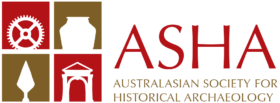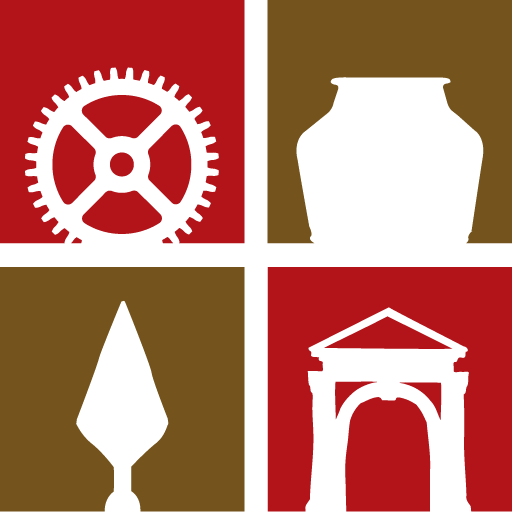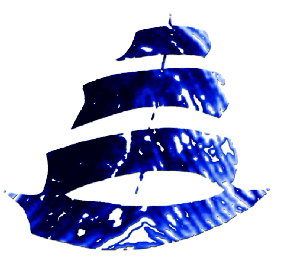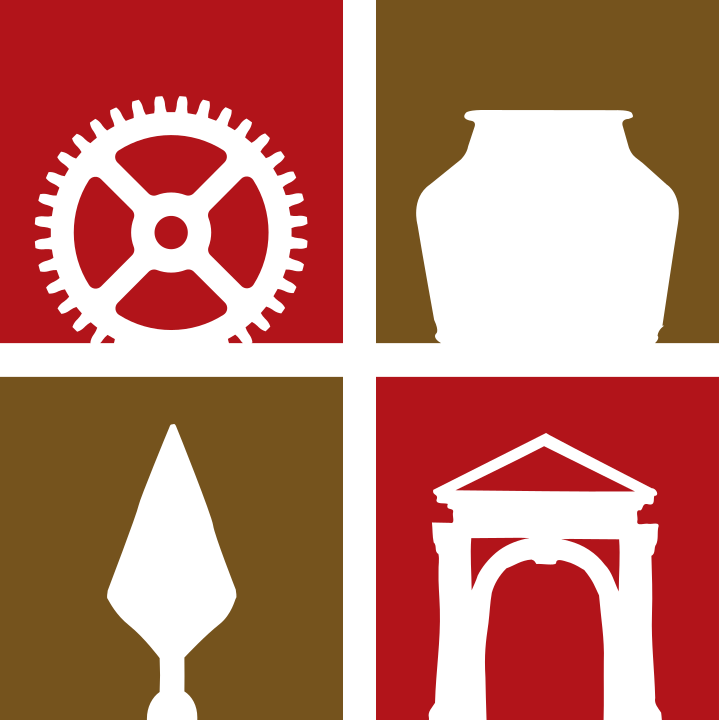2018 ASHA/AIMA Joint Conference – The Clearinghouse
Come see all the research that’s been hiding!
Come hear all the results that haven’t seen the light of day!
Come and listen to all the wondrous things people have done in the past!
Welcome to the 2018 AIMA/ASHA conference, proudly brought to you by University of New England!
The Clearinghouse is all about dusting off that old research and getting it out into the light. It’s time for the honour thesis you did ten years ago to be presented, that project you did in that in-between year to show itself, and for the “I really should do something with that” to finally have something done with it…by presenting at this year’s AIMA/ASHA conference 26-28 September 2018.
Just to be clear, we want genuine research and good presentations, not a slide show of your summer holidays. For this reasons we’re keeping the themes as broad as we can. Fear not if you don’t think your research fits in, we want you to submit your abstract anyway and we’ll find a place for it!
We are looking forward to seeing you in Parramatta!
AIMA/ASHA 2018 Conference Committee
When: 26 – 28 September 2018
Where: UNE Campus Parramatta
Skip down to:
Call for papers
Conference program
Wednesday Workshops and Tours
Conference Registration
Session themes
Getting there
Conference sponsors
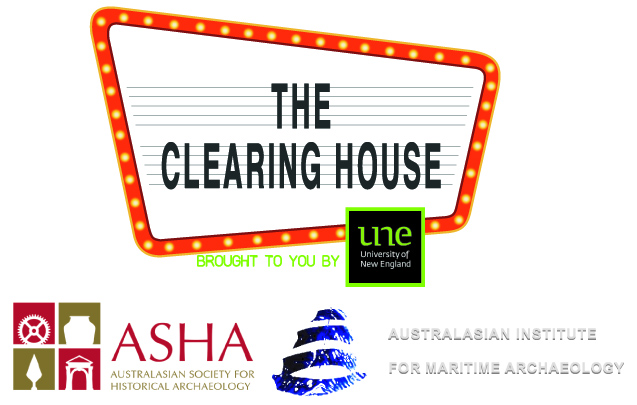
CALL FOR PAPERS
The general call for papers has closed, but…
New to ASHA/AIMA: ‘The Clearinghouse Speed Trials’
If you have presentation material but not enough for a full paper, you can still participate!
The conference will now have the ‘The Clearinghouse Speed Trials’ session on Friday morning.
Speakers will have up to 3 slides and a timed 3 minutes to tell us about your interesting, odd or exciting archaeological objects, sites, ideas or experiences.
To participate contact – [email protected].
CONFERENCE PROGRAM
The conference schedule now is available to download in two formats – a short format, without abstracts, and a long format, with abstracts.here. Conference delegates will be provided with a printed copy of the short format program on arrival.
| Wednesday 26 September | From 9:00 | Registration open, UNE Campus, first floor, 232 Church St. Parramatta | 10:00 to 5:00 | ASHA workshops and tours. 5:30 to 7:00 | Welcome and Conference Speaker – Dr Fred Hocker (Curator of the Vasa Museum), UNE Campus, 232 Church St, Parramatta 7:00 | Welcome drinks with finger food at Skye ( Philip Ruddock Heritage Centre, 45 Macquarie St, Parramatta). |
| Thursday 27 September | 9:00 to 3:00 | Conference sessions, with catering (morning tea, lunch, afternoon tea). 3:30 to 5:00 | ASHA and AIMA Annual General Meetings |
|
| Friday 28 September | 9:00 to 5:00 | Conference sessions, with catering (morning tea, lunch, afternoon tea). Conference Dinner – Alex and Co from 6pm. |
WEDNESDAY WORKSHOPS AND TOURS
On Wednesday 26 September, the conference organisers have arraged a number of optional workshops and tours. Registration for ASHA workshops and tours closed on 17 September 2018. See further information and booking details below:
- ASHA Artefact Workshops
- Free Archaeological Walking Tour of Parramatta
- Free Tour of The Parramatta Heritage Centre Collections
- Tour of Australian National Maritime Museum Conservation Labs
ASHA ARTEFACT WORKSHOPS
These workshops will be held at the UNE Parramatta Campus. These will be run by highly-experienced, Sydney-based artefact specialists. Similar events have proved popular in the past. Registration for individual sessions is possible. Members $50 for a single session, $80 for both sessions. Discounted rates for students. Lunch not included. Register here.
Session 1: A Beginners Guide to Artefact Identification | 9.30am – 12.00 pm
A beginners guide to:
- Ceramics – Jeanne Harris, Urban Analysists
This session aims to introduce historical archaeologists to the identification of ceramic material types, wares and decorative techniques. Information on dating specific wares and decorative techniques will be provided, as well as a list of references for further research. Also presented will be how to recognize visual clues that help distinguishing similar wares and decorations. While examples of various wares and decorative techniques will be available for hands on examination, participants are welcome to bring along any ceramic artefact they wish to share with the group.
- Miscellaneous Finds – Robyn Stocks, Casey & Lowe Pty Ltd
This session aims to introduce historical archaeologists to the identification of miscellaneous or small finds. While the discussion will concentrate on artefacts commonly found on historic sites, other more unusual items will also be shown that are often only recovered during careful sieving. Information will be given about where many objects were manufactured, their date, and references for further research. Understanding the background and functions of different categories of miscellaneous artefacts can be an invaluable on-site tool, and crucial for the analysis, reporting and presentation of the site to the client and the public. Some strategies on how to tackle difficult identifications will be given and information on caring for objects in the field and lab. The participants are encouraged to bring one or two artefacts that are challenging, so all can learn.
Session 2: Specialist Focus on Finds: the value of expert study | 1:00pm to 3:00pm
- Glass Tableware – Jeanne Harris, Urban Analysists
For many glass tableware from an archaeological context provides basic data on the form and function, but there is so much more information these artefacts can provide. This session will illustrate how specialist analysis can distinguish the quality of the glass and manufacture through in-depth analysis that takes into account multiple characteristic of an item. Stylistic trends are often based on use-popularity date ranges that assist in identifying manufacturing locations and served to narrow date ranges for glass tableware, but as this session hope to illustrate acquiring the cumulative knowledge for such analysis is a long process that can involve years of experience and research. Participants are encouraged to bring unusual items they wish to share with the group.
- Building Materials – Robyn Stocks, Casey & Lowe Pty Ltd
This session will illustrate the main types of building materials found on late 18th and early 19th century sites in Sydney, Parramatta and the western suburbs. Methods of manufacture are also described using evidence from brickyard sites and on the objects themselves. How the bricks, tiles, mortars and plaster differ from each other will be described so that similar examples can be identified by other archaeologists. Examining these artefacts in detail will show the process of recognizing meaningful attributes and how to create a type series that can be a useful aid in the field and during post excavation analysis. It is hoped that the participants will have found similar early building materials during their work and can share their insights with the group.
- Thomas Ball Pottery – Mary Casey and Bernadette McCall, both Casey & Lowe Pty Ltd
Pottery made by convict potter Thomas Ball (c.1801-1823) has been found at many sites associated with British settlers in Australia during the early 19th century. Large quantities have been found near his manufacturing site in the Brickfields (Haymarket, Sydney), as well as other sites in the Rocks and Sydney CBD. It forms an important part of assemblages from well-preserved sites in Parramatta, Tasmania and Norfolk Island. His locally-made pottery was shipped out from Sydney, often as part of Government supplies for early settlements, or for use on private early sites. If you are working on sites dating prior to c.1840 you may find his pottery. This workshop aims to make archaeologists familiar with his pottery so they can identify it in the field, understand vessel forms and the characteristics of the fabric, glazes and decoration.
FREE ARCHAEOLOGICAL WALKING TOUR OF PARRAMATTA
From 12 noon to 3:30pm Wednesday (TBC). This walking tour, led by Dr Siobhan Lavelle, OAM, will take you through the City of Parramatta focusing on sites where major archaeological excavation has taken place and interpretation has been included as a mitigation measure in conjunction with the archaeological excavation program.
The tour will discuss the results of the archaeological investigations that took place in these significant locations, providing a greater appreciation of the variety and complexity of the archaeological resources in Parramatta, the second mainland colonial settlement in NSW. The interpretation examples will highlight changes in approaches to interpretation over time as well as to the management of State Significant archaeology. Examples will include insitu conservation outcomes achieved by the Heritage Council of NSW and its staff.
Register your interest now – details of meeting point to be released soon. Places limited.
FREE TOUR OF THE PARRAMATTA HERITAGE CENTRE COLLECTIONS (PARRAMATTA)
An opportunity to look at a legacy collection and interesting artefacts from early Parramatta, as well as a chance to talk about artefact storage requirements in different context, prior to the Conference Collections Session and Workshop on Friday. Meet in the foyer of the Parramatta Heritage Centre at 4pm for a 4:15pm tour start. Register here. Places limited.
TOUR OF AUSTRALIAN NATIONAL MARITIME MUSEUM CONSERVATION LABS
A tour behind the scenes at the ANMM Conservation Laboratories at Darling Harbour. Time: 1:00-2:00 & 2:30-3:30. Registration cost: $16. Register here.
CONFERENCE REGISTRATION
Conference registration is now open. Register through the AIMA website. Please check the website later to book additional conference workshops, tours and events. Early bird registration is open until August 18. Please note there are no early bird tickets for students and non-society members. All registrations close on the 10th September.
| Conference rates | ||
| Event | Early bird (until 18 August) |
Full rate (after 18 August) |
| Full-time: ASHA/AIMA member | $200 | $250 |
| Single-day: ASHA/AIMA member | $120 | $120 |
| Full-time: ASHA/AIMA non-member | $280 | $280 |
| Single-day: ASHA/AIMA non-member | $200 | $200 |
| Full-time: student | $120 | $120 |
| Single-day: student | $60 | $60 |
| Conference Dinner Registration | $80 | |
Registration includes:
- Pre-conference opening reception on the evening of 26th September at the Parramatta UNE Campus followed by welcome drinks with finger food at the Philip Ruddock Heritage Centre.
- Conference papers on current research and initiatives in maritime and historical archaeology and associated fields on 27th and 28th September.
- Catering: morning tea, light lunch, afternoon tea.
- Conference pack: name tag, a programme overview, give-aways and local information. The conference dinner is on the evening of the 28th at Alex and Co and is $80 per person.
- Single day registration includes the conference papers and catering for the day selected, but does not include the welcome event.
SESSION THEMES
Session themes for the conference include:
- Parramatta
- Artefacts
- Landscapes
- Management and collections
- Management and community
- Rivers
- Technologies
- Sites
GETTING THERE
The 2018 ASHA/AIMA Conference is being hosted by the University of New England at their Parramatta Campus 232 Church Street, Parramatta.
Parramatta was the second British settlement in mainland New South Wales. During the 1790s, it could take all night to travel up the river from Parramatta to Sydney. Today, however, Parramatta is well-serviced by public transport links, and you can travel from the Sydney CBD to Parramatta by train in 30 to 45 minutes.
Public transport in Sydney is relatively fast, cost-effective and clean, although crowded during peak hour. It is recommended that visitors obtain an Opal Card – which offers cheaper fares and easy payment. Cards are available through many retailers, including convenience stores, newsagents and supermarkets. There is no charge for an Opal card, allthough there is a minimum value of $10 for adults. It is not necessary to register Opal cards.
A number of online and app-based tools are available to help you plan your journey. The NSW State Government website transportnsw.info includes a trip planner and fare calculator that combines all modes of public transport. Several competing apps are available – a comprehensive list is available here. Trip View (Android) and (Apple) is the ASHA Web Manager’s favourite.
TRAIN
Parramatta is located on the T1 Western Line and trains to Parramatta leave every 5 mins from Central Station. It is roughly a five to ten minute walk from the station to the conference venue, largely through pedestrian-friendly areas.
If you are coming from Sydney Airport, there is a train from the airport straight to Central Station, where you can change for Parramatta.
BUS
Buses form an important part of Parramatta’s public transport system, although visitors will find that buses in Parramatta are best travelling to and from destinations other than the Sydney CBD. The nearest bus stops to the conference venue are:
- Church St near Macquarie St
- Marsden St near Macquarie St
- Church St near George St
- George St near Church St
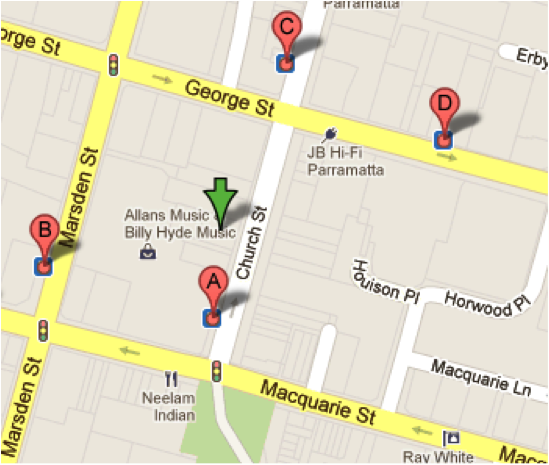
The free Parramatta Shuttle Bus operates on loop that links key areas around the Parramatta CBD. The loop takes approximately 25 minutes, with buses arriving every 10 minutes.
FERRY
Parramatta is located on the Parramatta River and ferries to and from Circular Quay leave approximately every 30 min and takes roughly a hour and a half. This trip will take you by the Opera House, under the Sydney Harbour Bridge and along Sydney Harbour right to Parramatta. From the wharf it is approximately a 10 min walk to the conference venue.
The ferry timetable can be viewed here.
CAR
Parramatta is close to major roads and motorways, including the M4. However, first-time visitors should be aware of driving conditions in Parramatta. The M4 Motorway has a toll between Strathfield and Parramatta. Some of the main streets in the Parramatta CBD are one way, which can make navigation difficult for first-time visitors. Visitors are also advised that almost all parking in the Parramatta CBD is metered. Nevertheless, several secure car parks are located near the conference venue and may prove convenient to some conference delegates. The City of Parramatta council provides further information on parking in Parramatta here.
